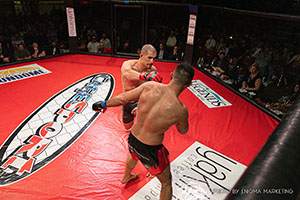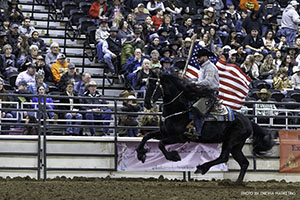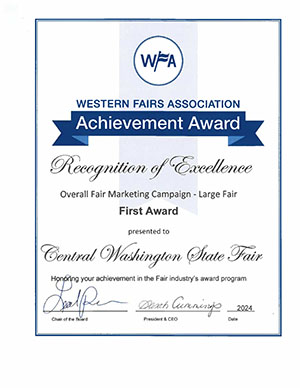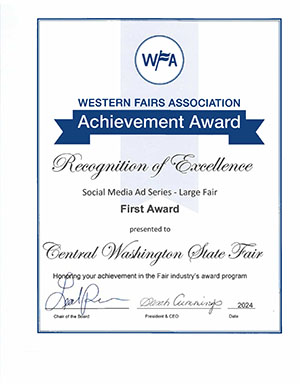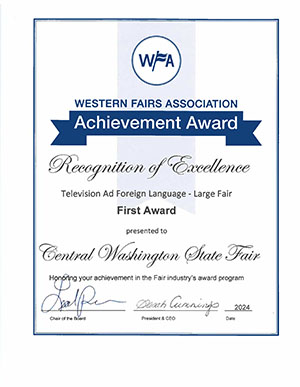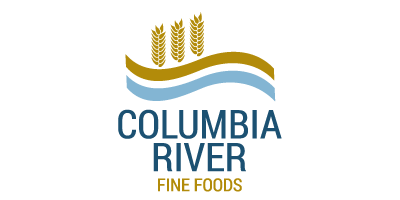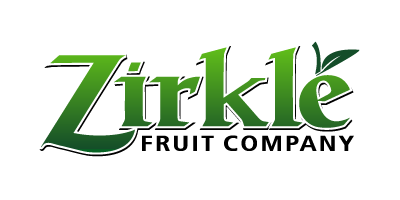Crafting an effective event marketing strategy requires a delicate blend of creativity, strategic planning, and audience understanding. Firstly, it's essential to define clear objectives for the event, whether it's increasing brand awareness, generating leads, or fostering customer loyalty. Understanding the target audience is paramount; this involves delving deep into demographics, interests, and preferences to tailor the event experience to resonate with attendees. Leveraging data analytics and market research can provide invaluable insights into consumer behavior and trends, guiding the development of a compelling event concept.
Next, selecting the right channels and promotional tactics is crucial for maximizing reach and engagement. This might include a mix of digital marketing, such as social media campaigns, email newsletters, and targeted online advertisements, as well as traditional methods like print ads or direct mail. Creating buzz and anticipation around the event through teaser campaigns and exclusive sneak peeks can help build excitement and drive attendance. Additionally, collaboration with relevant partners or influencers can amplify the event's visibility and credibility within the target community. By aligning messaging and branding across all touchpoints and continuously evaluating and adjusting the strategy based on feedback and performance metrics, businesses can ensure their event marketing efforts resonate with their audience and deliver tangible results.


